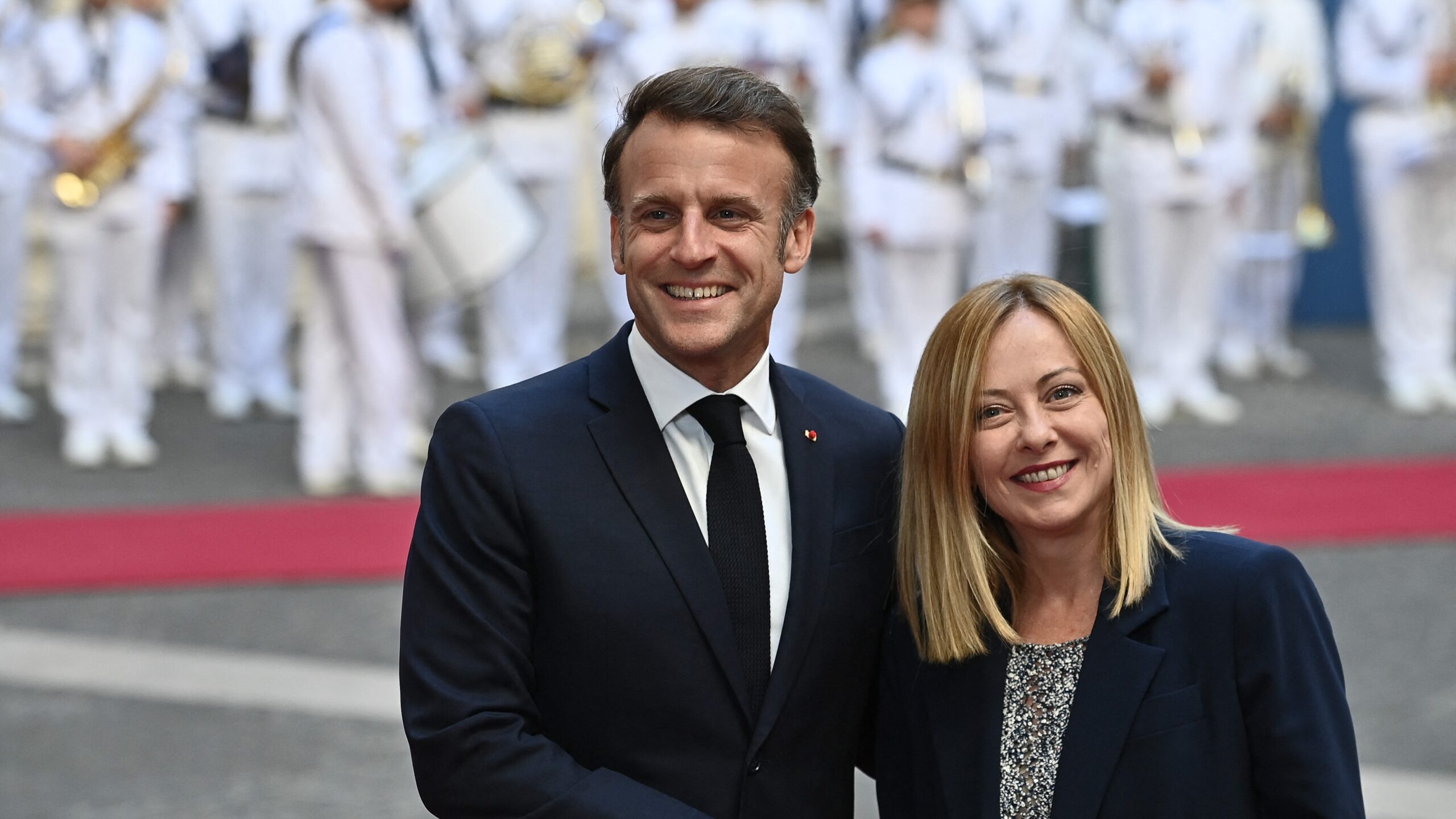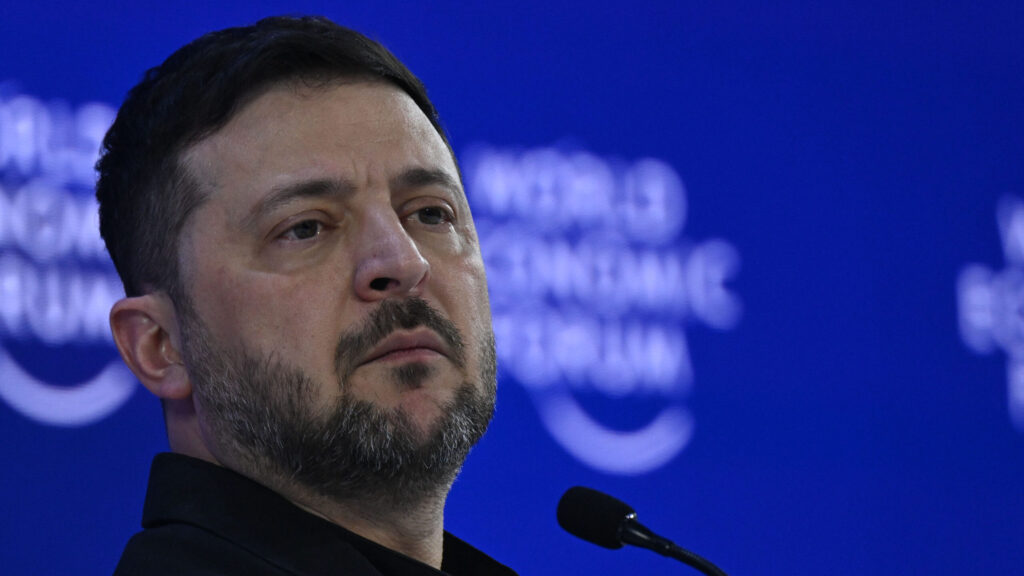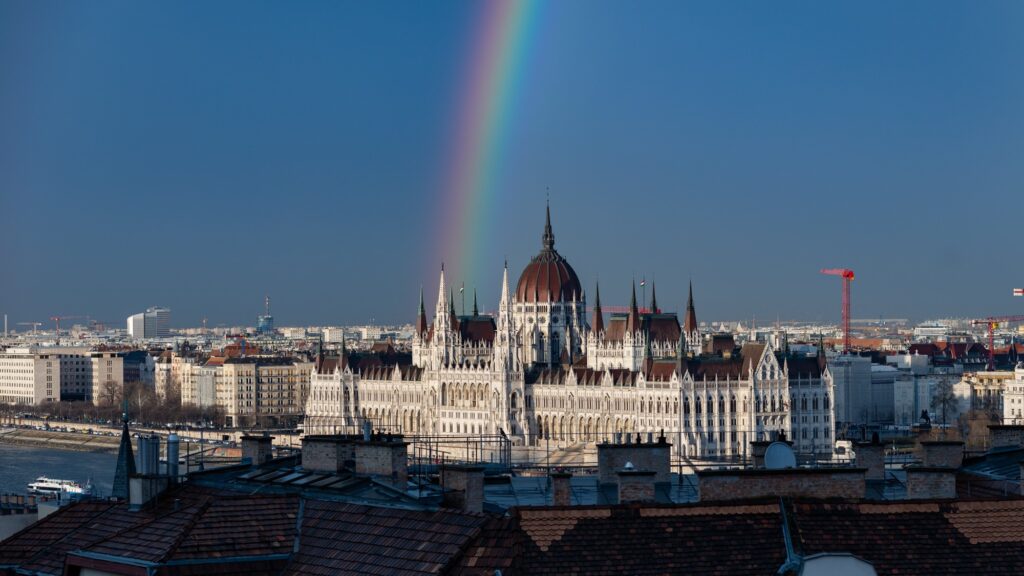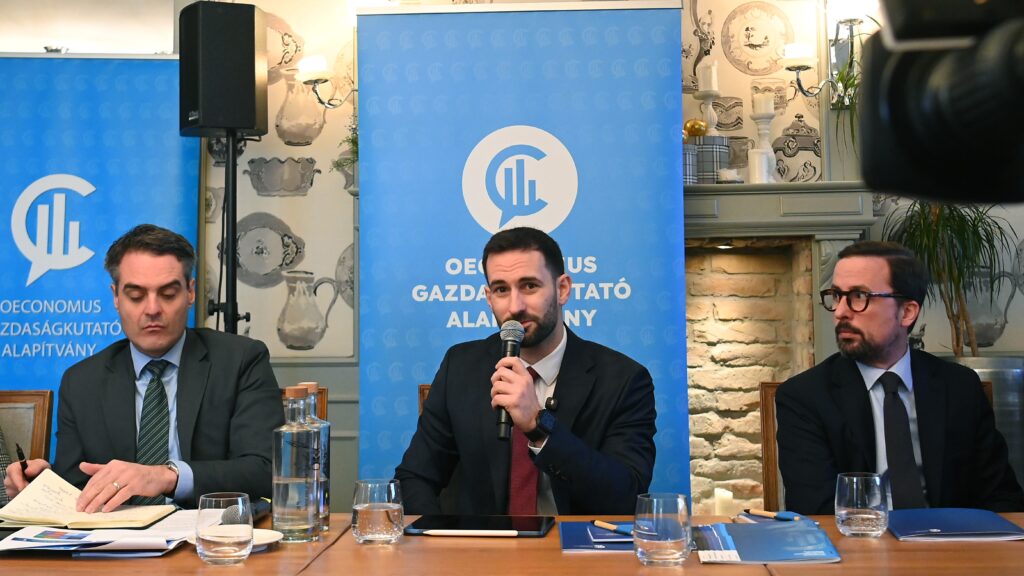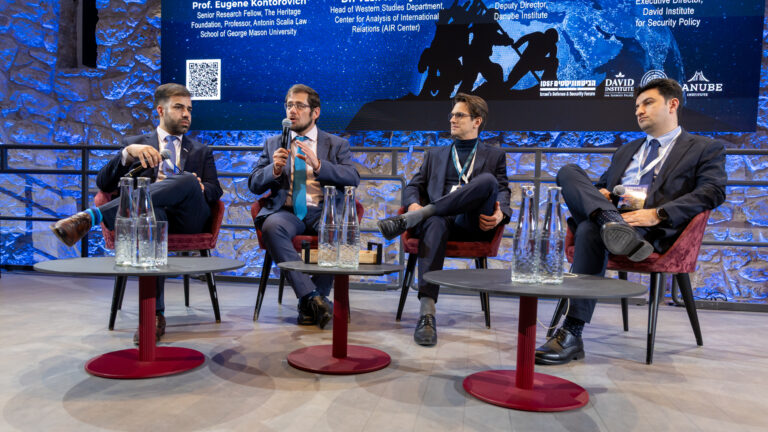Italian Prime Minister Giorgia Meloni hosted French President Emmanuel Macron last Tuesday, 3 June, in Rome. The meeting was initiated by France, aiming to highlight the existence of ‘converging positions on many issues.’ Emmanuel Macron’s intention was to ease tensions between France and Italy.
Marion Maréchal, French Member of the European Parliament and ally of Meloni’s party Fratelli d’Italia, declared: ‘I am delighted to see that Emmanuel Macron has finally understood that Giorgia Meloni is indispensable. I have long advocated for a rebalancing of European relations, and I believe much more in the Franco–Italian partnership than in the Franco–German one.’
In the end, Macron and Meloni decided not to make any statements to the press, to avoid the risk of any discord. It thus appears that differences remain—not only concerning the war in Ukraine and transatlantic relations, but also on other issues.
Since Giorgia Meloni came to power, France and Italy have been growing apart. Ms Meloni has taken a strong stance against immigration. She has targeted two of its root causes: criminal smuggling networks in the Mediterranean Sea and rulings from the European Court of Human Rights that block the deportation of foreign criminals.
‘Since Giorgia Meloni came to power, France and Italy have been growing apart’
Regarding security, a law was passed last week at Giorgia Meloni’s initiative. It was well-received by most Italians, except the far left. The law includes measures to protect police officers from threats and violence, and harsher penalties for squatters and rioters. Meanwhile, in France, the celebration of a football victory turned into anti-police riots and looting.
Economically, there is also a stark contrast between Italy and France. The purchasing power of Italians has caught up with that of the French—something that has never happened before. Italy has also managed to drastically reduce its public deficit and is expected to achieve a budget surplus by the end of 2024, a rare feat in Europe.
These Italian achievements could be further enumerated. It is also worth reflecting on Giorgia Meloni’s personal journey, as it helps explain some of her policy decisions, particularly those considered conservative.
Let us start from the beginning. Giorgia Meloni is an ‘abortion survivor’. She was an unplanned child, an ‘accident’. Her mother had made an appointment for an abortion, went to the clinic, but changed her mind at the last minute. Thanks to her mother’s courage—and to God—, Giorgia Meloni was born. She grew up in a difficult family environment, raised without a father in small, precarious apartments, one of which caught fire. She was bullied at school due to her family situation and her weight.
These personal experiences are shared by many Italians and have helped Giorgia Meloni understand social realities. In her 2022 political programme, the top priority was support for families, women, and birth rates. In 2024, Giorgia Meloni allowed all associations that support women to access Italian clinics and counsel pregnant women. Previously, only organizations such as Planned Parenthood and pro-abortion groups had such access.
Regarding marriage, her programme stated: ‘The State must encourage this form of union, which is the most stable, especially for children.’ Since taking office, she has introduced financial incentives and services for couples and families. She has prohibited Italians from using surrogacy services abroad and promoted anti-bullying measures in schools, which have been described as exemplary by associations.
‘This is the challenge we face on the right: developing a coherent political thought’
But has Giorgia Meloni developed a political philosophy beyond this list of common-sense measures? This is the challenge we face on the right: developing a coherent political thought. Italian writer Marcello Veneziani described the issue well: ‘The right exists in the minds, hearts, and guts of people—even those who don’t consider themselves right-wing. It’s a common feeling that struggles to become a common thought. That is its strength and its weakness.’
Indeed, right-wing identity is often rooted in instinct—attachment to family, country, and order—rather than in ideology or theory, unlike the left, which has always had its ‘little red books’. The real challenge for the right is to move from instinct and sentiment toward structured political thought.
Giorgia Meloni’s political vision could be described as realistic and rooted. She once summed it up by quoting British philosopher Roger Scruton, who wrote How to Be a Conservative. This passage is worth reflecting on and could inspire political leaders everywhere:
‘Conservatives embrace Edmund Burke’s vision of society: a partnership between the living, the unborn, and the dead. They believe in civic association among neighbours and natural communities rather than in state intervention; and they accept that the most important thing a living person can do is to find a home, build it, and pass it on to their children. This is oikophilia: the love of home, of hearth, of homeland.’
Related articles:

